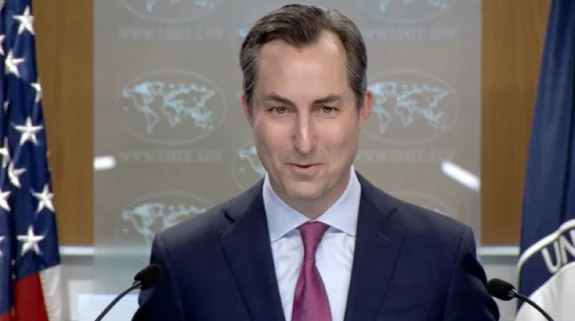The global outbreak of the coronavirus pandemic has dealt a severe blow to Pakistan’s economy, pushing it to a near-collapse despite the ongoing multi-billion-dollar infrastructure projects under the China Pakistan Economic Corridor (CPEC).
According to the World Bank, the country’s gross domestic product (GDP) growth was about 5.83 per cent in 2018. It was down to less than 1 per cent in 2019– a decline of over 4.80 per cent from 2018, despite the much hyped CPEC, which started in 2016. In 2016, Pakistan’s GDP growth was 5.5 per cent.
CPEC was projected to open up job opportunities in Pakistan besides boosting economic growth. Data suggests that Pakistan’s economy continues to be a critical state despite the ongoing project, which was originally estimated at $46 billion.
<strong>China and CPEC</strong>
Pakistan’s repayment ability is also eroding due to the economic impact of the pandemic. The cost of the project, connecting Gwadar Port in <a href="https://indianarrative.com/balochistan" target="_blank" rel="noopener noreferrer">Balochistan</a> with China’s Xinjiang province, has significantly gone up since its inception to $62 billion.
“The epidemic has severely impacted the nation’s economy and almost pushed many businesses to the brink of bankruptcy and economic failure, while Pakistan’s economy does not have the capacity to absorb the gigantic disruption caused by the pandemic,” Pakistan Today reported.
<h2>Read More : <a href="https://indianarrative.com/balochistan/china-pakistan-economic-corridor-cutting-the-baloch-melon-12787.html" target="_blank" rel="noopener noreferrer">China Pakistan Economic Corridor: Cutting the Baloch melon</a></h2>
German public international broadcaster, Deutsche Welle or DW, quoted former director of the Karachi Stock Exchange (KSE) Zafar Moti as saying, "Pakistan's economy is shrinking, unemployment is rising and various sectors are in crisis.”
“This is happening despite the CPEC projects and it is a fact that people in Pakistan are not satisfied with the Chinese dominance and interference in their economic matters,” a foreign policy analyst said.
Notwithstanding the large scale corruption scandals marking the CPEC, analysts said among the overall Belt and Roads Initiative (BRI) spread across about 70 countries in Africa, Middle East and Asia, China is “most serious” about Pakistan.
“CPEC will not generate returns immediately but it cannot be written off,” Shakti Sinha, former bureaucrat and director at Atal Bihari Vajpayee Institute of Policy Research and International Studies told IndiaNarrative.com.
“China is very serious about Pakistan. Though Pakistan’s GDP numbers have weakened over the last few years, one needs to remember that infrastructure projects take time to bear fruit,” Sinha however added.
China’s interest in Islamabad is not only to keep India in a tight spot, but it also provides the dragon access and connectivity to many other regions, Sinha added.
Khan has been underlining the importance of the project. He has repeatedly said that the project is a manifestation of the close bilateral ties that Pakistan and China share and that it would be completed at “any cost.”
<strong>Joblessness in Pakistan</strong>
While Khan has repeatedly said that CPEC will lead to mass scale job generation, the fact is that unemployment is on the rise. “Unemployment of educated people is also a matter of concern. Though this project was aimed at providing jobs and boosting growth, it has done little. The project execution is controlled by the Chinese and is one sided. Most jobs within the CPEC are held by the Chinese, there is a lot of resentment among the locals,” an analyst added.
A report by Dawn noted that “the number of unemployed people in the country has been estimated to reach 6.65 million during the fiscal year 2020-21, compared to 5.80 million” in the previous financial year.
Clearly, the projects are run by the Chinese — whether it is the management or the workers. “The Chinese do not trust anyone, so even the workers are mostly Chinese, this has not resulted in employment generation,” Sinha said..




















